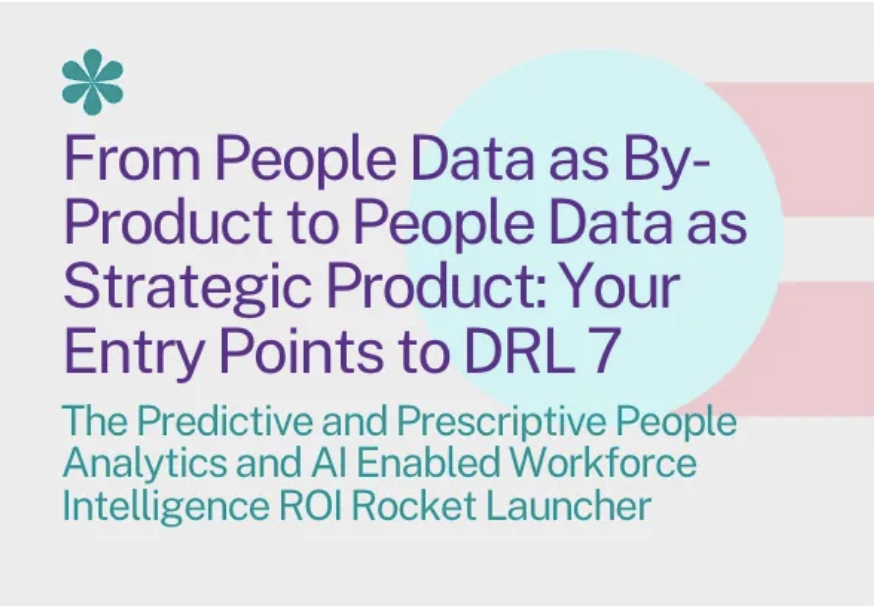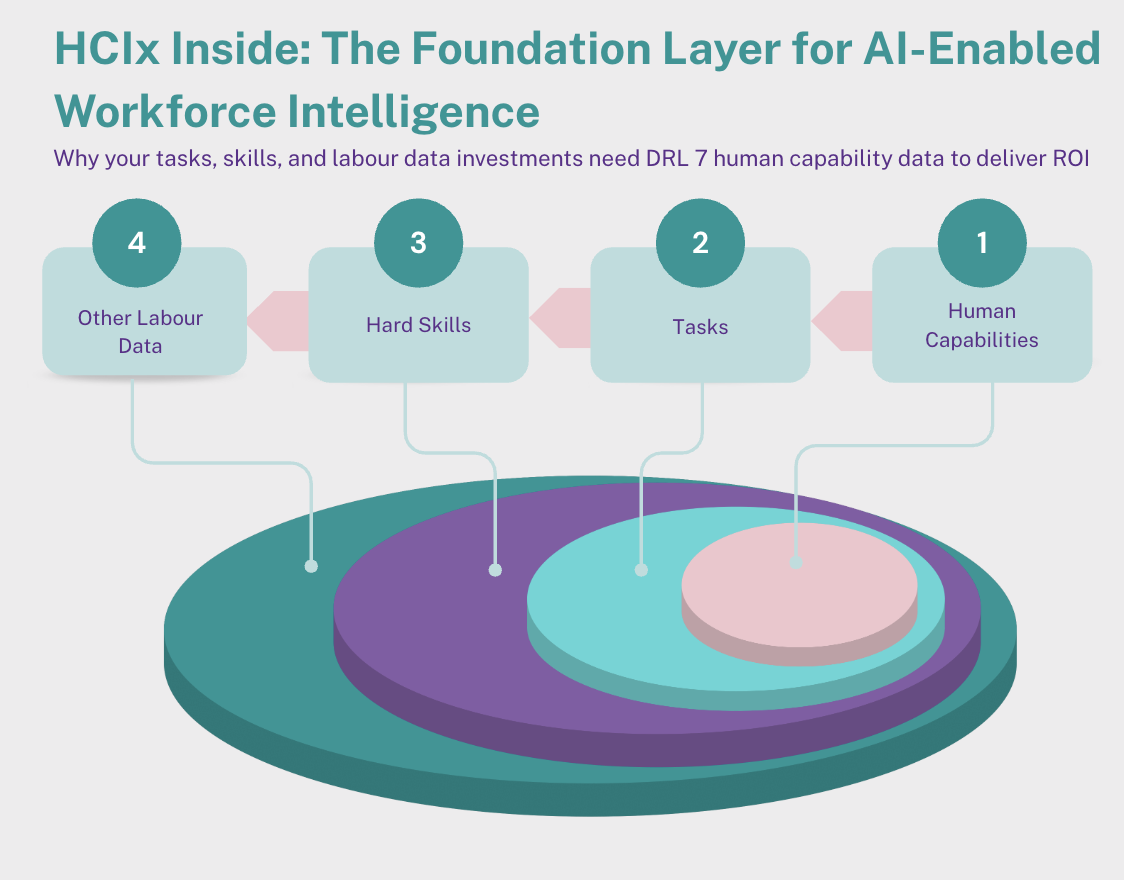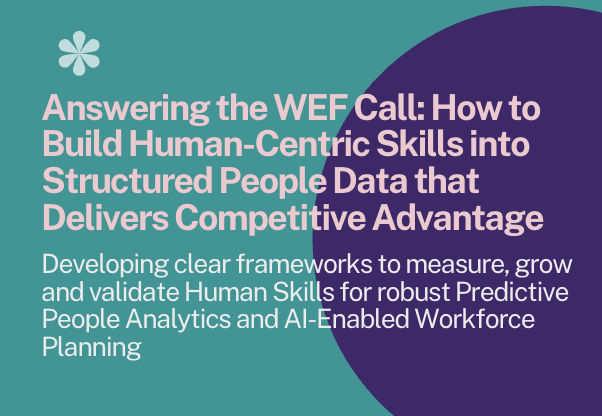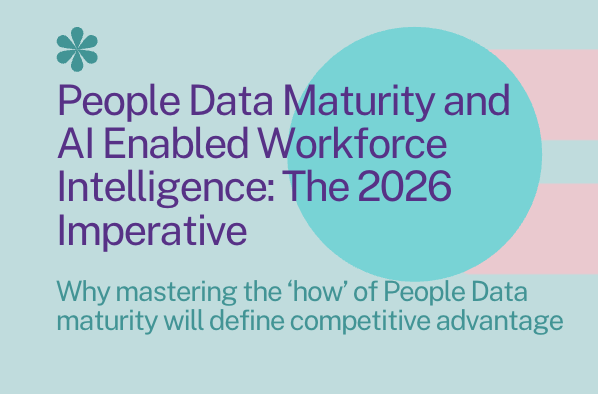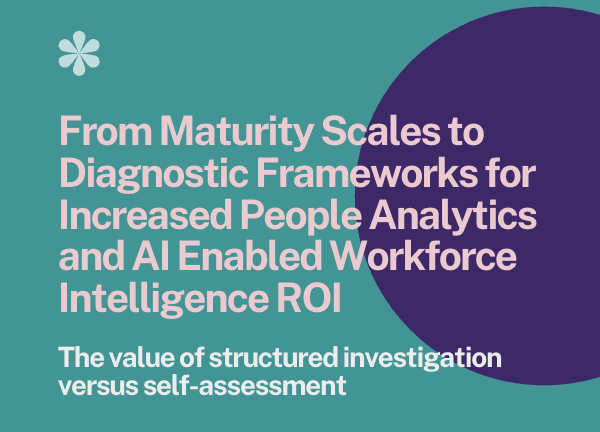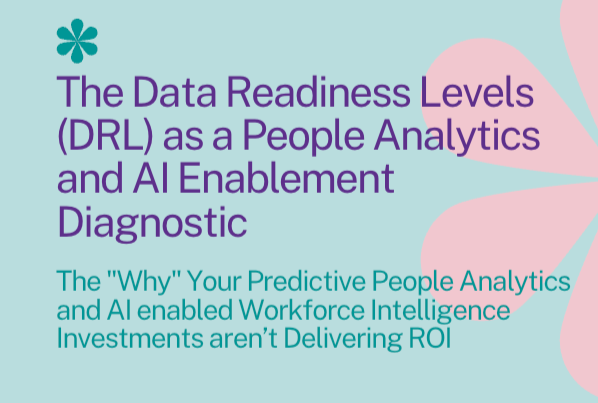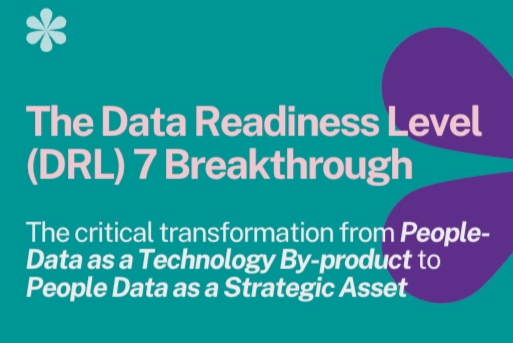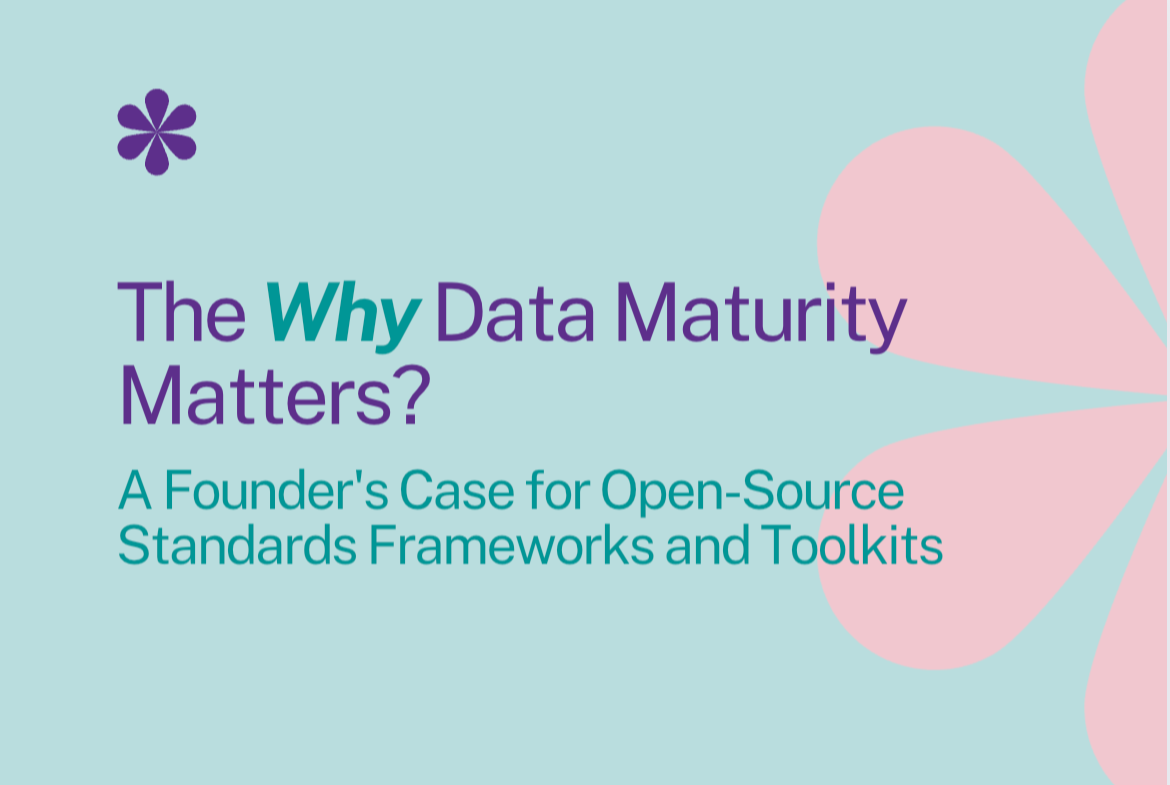While the majority of Predictive People Analytics and AI projects currently fail due to data quality issues, a breakthrough in human capability indexing is transforming how organisations capture and structure their people data, frictionlessly and at scale.
This thought leadership examines the landscape behind these widespread failures and reveals how the shift from subjective opinions and scraped big data to structured human capability indexing changes everything. The core challenges, inconsistent data capture methods, fragmented data architecture, and the absence of validated measurement frameworks, have kept organisations from realising returns on their analytics investments. Until now.
Lumenai's approach addresses these foundational problems by introducing a frictionless method for collecting structured human capability data. By replacing manager opinions and data mining with scientifically validated, standardised indexing, organisations can finally build the robust data architecture needed for Predictive People Analytics and AI to deliver consistent value. This isn't just about better data, it's about creating a sustainable foundation that transforms people analytics from a costly experiment into a reliable driver of business performance and human capital optimisation.
Thought Leadership
Lumenai LABS: Where Academic Research Becomes Business Reality
Lumenai LABS is the intellectual engine driving Lumenai's unique research-to-practice methodology, with their Substack serving as the bridge between academia and industry.
The Academic Foundation
Incubated within Oxford University Innovation and led by founder Antonia Manoochehri with over 30 years of assessment and academic expertise, Lumenai's approach is fundamentally research-driven. Every solution is grounded in academic validation whilst addressing real-world business challenges.
LABS: The Research-to-Practice Pipeline
Lumenai LABS transforms academia into practical tools that enhance organisational data practices. Complex academic frameworks are systematically converted into:
Implementable Business Strategies that optimise performance and competitive positioning
Validated Methodologies addressing the 85% failure rate of Predictive People Analytics and AI projects
Evidence-Based Solutions that build data-driven cultures rooted in academic rigour
From Research to Open-Source Innovation
Data Maturity Matters was born out of an intensive 12-month research piece. Rather than keeping this valuable research proprietary, Lumenai made it open-source, ensuring accessibility for all organisations. This collaborative approach harnesses expertise from academics, business professionals, policy makers, developers, and vendors.
Data Centres of Excellence (DCoE): Academic frameworks translated into organisational structures
Data Readiness Levels (DRL): Technical architecture addressing fundamental data quality challenges
Collaborative Standards: Open methodology approaches for People Data maturity at scale
The Mission
Lumenai LABS revolutionises how organisations understand and utilise structured People data by transforming academic research into practical business solutions, ensuring superior data maturity through validated, evidence-based frameworks.
Lumenai LABS represents the essential link where rigorous academic research becomes accessible open-source intelligence that maintains scholarly rigour while delivering measurable organisational impact.
Blog
Workforce DNA: Why Your AI Is Only as Good as Your Workforce Data
When implementing AI solutions, many organisations overlook a fundamental principle: AI systems can only be as effective as the workforce data that informs them. Just as a building needs a solid foundation, AI requires high-quality data to deliver meaningful results.
Workforce data functions as the DNA of your organisation, it contains the essential information that defines how your workforce operates and competes. Without properly structured, objective data, even the most advanced AI models cannot accurately identify talent, analyse skill gaps, or generate cost savings. This is because AI learns patterns from historical data; if that data is flawed, the resulting analyses will be equally flawed.




